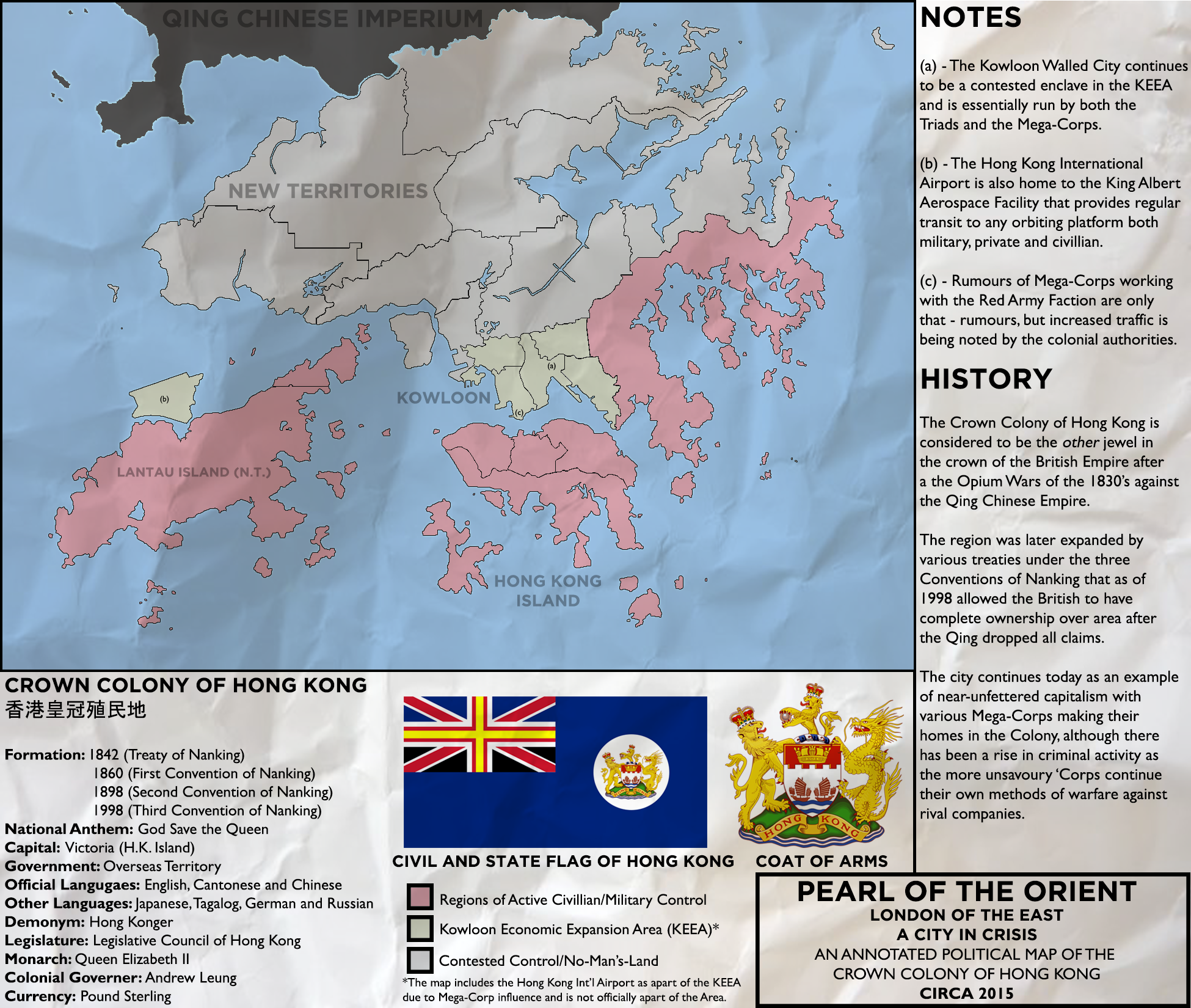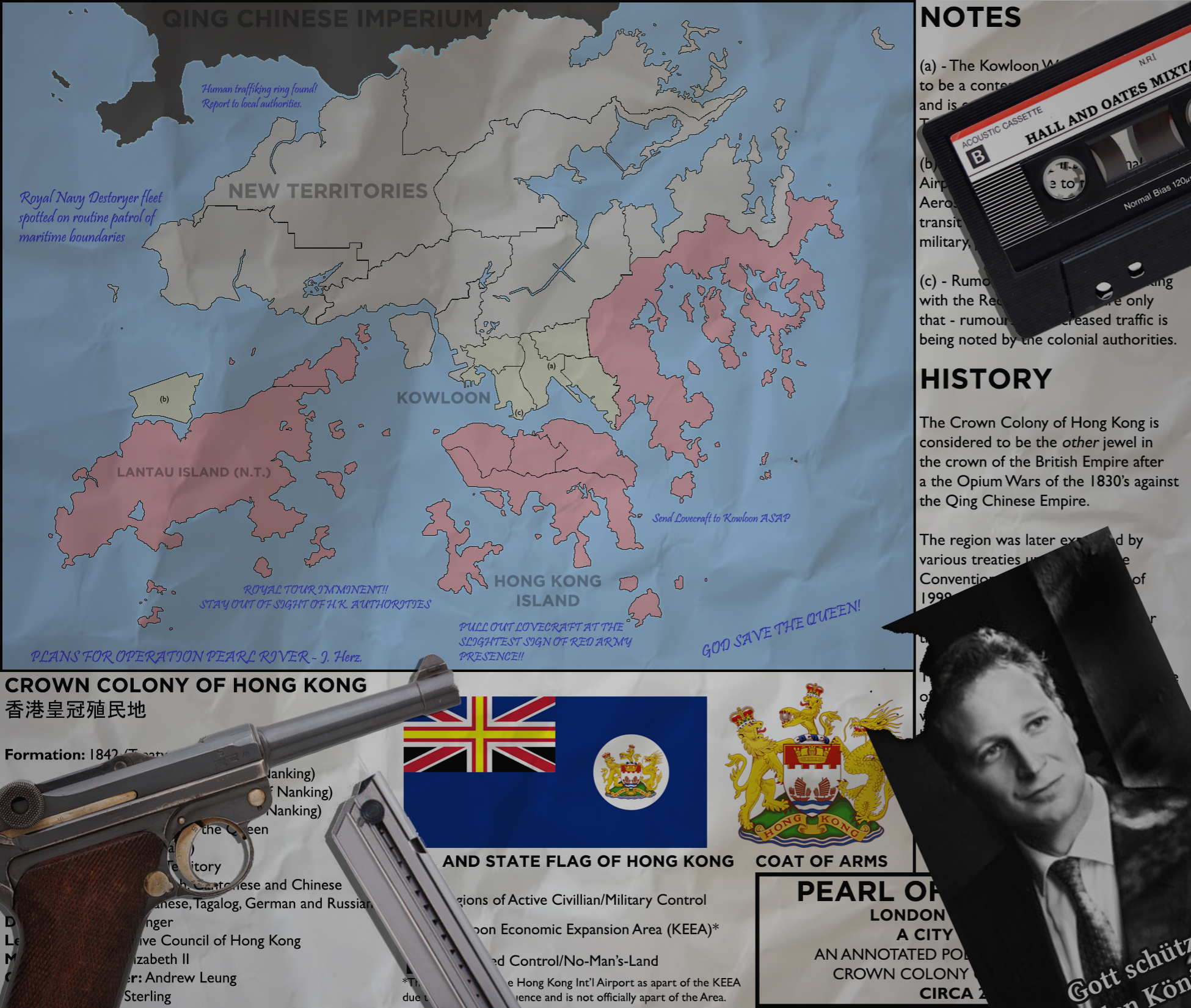Kennedy/Agnew Vignette II
KitFisto1997
Banned
Powell House, District of Philadelphia. United States of America. June 1964.
Kennedy hadn’t slept well in over a year, with Spiro Agnew manipulating him from behind the scenes with all of that classified material hanging over his head like the Sword of Damocles from myth and legend. The President quickly glanced at the new digital clock that had been installed in his sleeping quarters, the time read that of midnight as he let out a heavy sigh. He honestly wondered how long this would go for until he snapped under pressure…
A sudden, but somewhat quiet knock on the door took him by surprise as he sprung out of bed and edged himself close to the entrance before opening the door with trembling hands – this time not being due to his illness - in the doorway stood that damned wog again. Spiro could only smirk at the President as he aimed a flashlight in his face for a few seconds as to disorientate the man.
“What the fuck do you want…?” Kennedy said with a harsh whisper as he stared down the head of the OSS with tired eyes. The man standing in front of him could only smirk as he slowly walked into the room and shut the door behind him.
‘What do I want? Yes… What do I want…?” Spiro smirked to the President as he proffered a small folder from his coat and placed it firmly on Kennedy’s nearby desk. The President let out a sigh as he walked over to the desk and opened the folder, the papers contained within shocked him to his core. The OSS has apparently requested for a bill to pass within Congress that stipulated an almost insane level of state surveillance on their behalf – all for the purpose of tracking down German spies.
“What you’re asking for is insanity...” the President stammered as Spiro could only chuckle to himself. This was all apart of his own designs after all, the legislation would make quick work of political opponents both real Reds and imagined ones as to secure the grip of the ‘Deep State’ over Congress. Then he would start to build up power through his contacts, then it would only take one push to send Kennedy and his house of cards falling down. It would only be then that he could seize the office of President for himself and finish what MacArthur and his ilk started. The United States was not to be trusted in the hands of Communalists and their sympathisers in Berlin and Philadelphia. If a military-industrial-ran police state was needed, then it was what it got.
“What I’m asking for is security, Mister President. You don’t want any of those Red bastards sneaking in through the holes in our political system, do you? This is merely a temporary measure. Just some more beefed up security measures to deal with those who espouse what Bismarck drilled into their heads…”
Kennedy sat there in complete silence for a few moments, contemplating what the head of the OSS had said to him, his mind was already burnt out from the stress and he just wished to sleep off his problems until there were none. But he was the President of these great United States – and Spiro Agnew didn’t want this to happen, not one bit. Kennedy’s hands then shook as he reached for the fountain pen sitting on his desk and pulled out the paperwork from the folder. Agnew couldn’t help but smirk once more as he put a hand on Kennedy’s shoulder.
“Just sign here, Mister President...”
Kennedy hadn’t slept well in over a year, with Spiro Agnew manipulating him from behind the scenes with all of that classified material hanging over his head like the Sword of Damocles from myth and legend. The President quickly glanced at the new digital clock that had been installed in his sleeping quarters, the time read that of midnight as he let out a heavy sigh. He honestly wondered how long this would go for until he snapped under pressure…
A sudden, but somewhat quiet knock on the door took him by surprise as he sprung out of bed and edged himself close to the entrance before opening the door with trembling hands – this time not being due to his illness - in the doorway stood that damned wog again. Spiro could only smirk at the President as he aimed a flashlight in his face for a few seconds as to disorientate the man.
“What the fuck do you want…?” Kennedy said with a harsh whisper as he stared down the head of the OSS with tired eyes. The man standing in front of him could only smirk as he slowly walked into the room and shut the door behind him.
‘What do I want? Yes… What do I want…?” Spiro smirked to the President as he proffered a small folder from his coat and placed it firmly on Kennedy’s nearby desk. The President let out a sigh as he walked over to the desk and opened the folder, the papers contained within shocked him to his core. The OSS has apparently requested for a bill to pass within Congress that stipulated an almost insane level of state surveillance on their behalf – all for the purpose of tracking down German spies.
“What you’re asking for is insanity...” the President stammered as Spiro could only chuckle to himself. This was all apart of his own designs after all, the legislation would make quick work of political opponents both real Reds and imagined ones as to secure the grip of the ‘Deep State’ over Congress. Then he would start to build up power through his contacts, then it would only take one push to send Kennedy and his house of cards falling down. It would only be then that he could seize the office of President for himself and finish what MacArthur and his ilk started. The United States was not to be trusted in the hands of Communalists and their sympathisers in Berlin and Philadelphia. If a military-industrial-ran police state was needed, then it was what it got.
“What I’m asking for is security, Mister President. You don’t want any of those Red bastards sneaking in through the holes in our political system, do you? This is merely a temporary measure. Just some more beefed up security measures to deal with those who espouse what Bismarck drilled into their heads…”
Kennedy sat there in complete silence for a few moments, contemplating what the head of the OSS had said to him, his mind was already burnt out from the stress and he just wished to sleep off his problems until there were none. But he was the President of these great United States – and Spiro Agnew didn’t want this to happen, not one bit. Kennedy’s hands then shook as he reached for the fountain pen sitting on his desk and pulled out the paperwork from the folder. Agnew couldn’t help but smirk once more as he put a hand on Kennedy’s shoulder.
“Just sign here, Mister President...”

